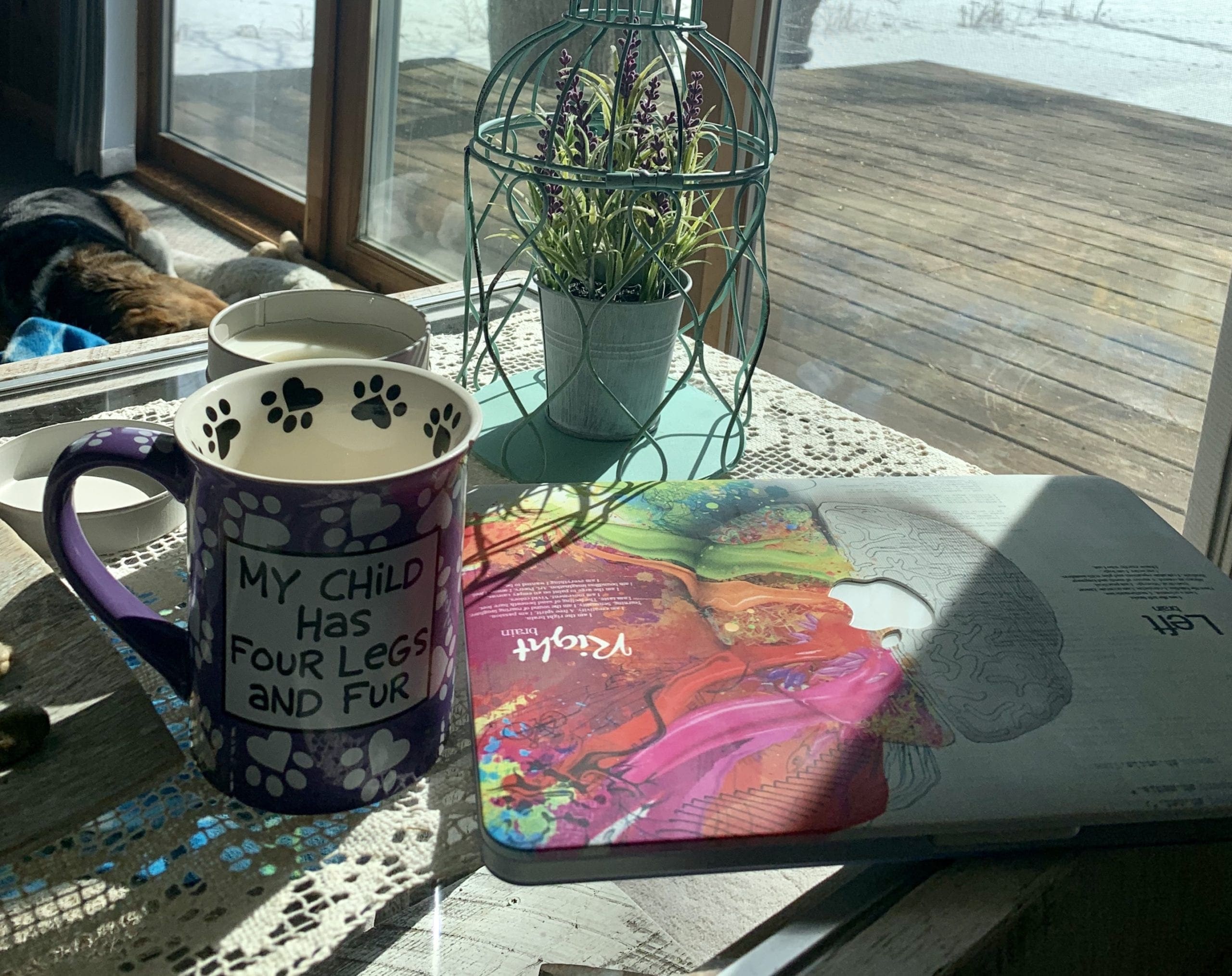One of the most profound things I have ever done thus far in my life was getting up in front of a room full of strangers and sharing, in agonizing detail, what happened to me. It was terrifying. It was terrifying to say it out loud. It was terrifying because saying it out loud made it more real. It would no longer be something I struggled with internally. I knew if I put it out there, I couldn’t hide from it anymore. I couldn’t minimize it as an attempt to appear stronger. I couldn’t push it to the darkest corners of my mind and soul so I didn’t have to face it. I had to look at it – all of it – the good, the bad, the ugly – and not turn away.
When I first started writing my speech for The Bolton Refuge House’s annual gala, I wasn’t sure I was strong enough to give it. Hell, I wasn’t sure I was strong enough to finish writing it. I was making myself feel vulnerable during a time when I was fighting to stay strong. I knew the rawness of my experiences would be painful, but the worst part was preparing myself for the responses. “Why did you stay?” “Why didn’t you stand up for yourself?” “Why didn’t you call the police?” I wasn’t sure I had what it takes to grieve what had happened to me AND endure comments regarding my role in HIS CHOICE to hurt me.
I decided to take it sentence by sentence. If I couldn’t finish it, that was okay. I gave myself permission to abandon it mid-sentence if I needed to. Writing this speech was the most cathartic point in my journey to recovery. I would pound on the keys hastily, filled with anger and rage in one sentence, and cover my eyes with my hands as I wept with grief in the next sentence. Soon sentences turned into paragraphs and paragraphs turned into pages. After several days, I had a rough draft of my survivor speech. The pain was intense. My heart, my soul, my tears, and my anguish were words on a page. I read it over and over again, hoping the tears would cease and the pain would diminish. Unbelievably, slowly, it did.
I took my speech to my boyfriend so he could read it over and provide feedback. I remember feeling as though my stomach was in my throat. There I was, naked, completely bare and defenseless – waiting for his response. I remember him telling me my story was powerful. Then these words rang in my ears: “But you need to expand on the mental abuse portion because it is so difficult for others to understand.” My heart sank. I didn’t even know if I was capable of putting into words how twisted and bent my mind became during my marriage. My mom always referred to them as “mind games.” How could I elaborate on something that was oftentimes so subtle, I didn’t even realize it?
I sat in front of my laptop for a long time, staring at the blank space on the page where my mental abuse experiences were supposed to be written. I had to go back and revisit a time when my intelligence, something I took so much pride in, was broken down and shattered, with fragmented pieces scattered all around. It was gut-wrenching. Self-blame began to creep in. I was so disgusted with myself that I wasn’t smart enough to know better. As the bare bones of my sentences were flushed out further and further, however, I realized how he was able to slowly and quietly invade my confidence and attack my self-esteem. In war terms, he was planning a sneak attack, where he would ambush my defenses a little at a time until there was nothing left. I realized even the most intelligent armies with limited resources would fall prey to this tactic. With that realization, I was able to forgive myself for not being equipped to address tactics I had never known to exist before. This is where the core of my healing began. After putting on the finishing touches, I prepared to read it in front of the gala committee for feedback.

